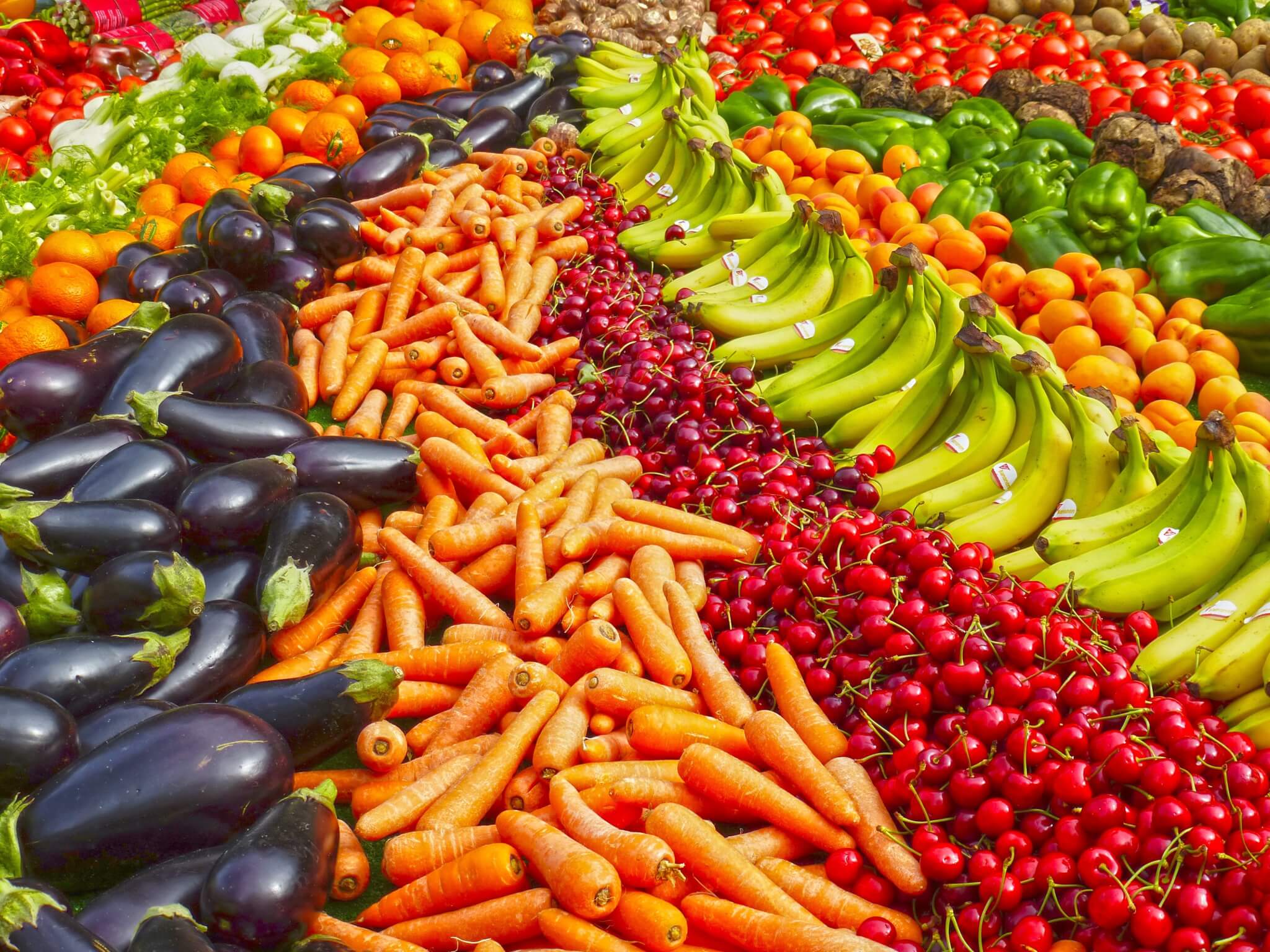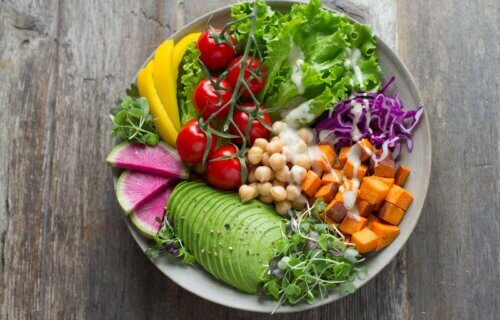Whether you’re scrolling through TikTok or watching the local news, you’re probably going to have a new “hot tip” for weight loss thrown in your face. While there’s been many trends, volume eating has made its way back into the conversation as a tool to shed excess pounds. So, does it actually work?
Volume eating is a dieting concept that prioritizes eating large amounts of low-calorie foods. In other words, it allows you to physically eat more while not stocking up on calories. The idea is that the more you fill your stomach with lower calorie foods, the less room you have for foods that throw you off your diet.
Foods that can be eaten in high amounts are considered “high volume” foods, while those that should be eaten in moderation while on this diet are considered “low volume.”
High volume foods (those typically rich in fiber and water) include:
- Watermelon
- Lettuce
- Zucchini
- Citrus
- Spinach
- Egg whites
- Cucumber
- Celery
Low volume foods (more calorically dense) include:
- Oils
- Dried fruit
- Honey/maple syrup
- Nuts and nut butters
Does volume eating really help weight loss?
When done correctly, volume eating can aid weight loss. Many low volume foods are often rich in nutrients like fiber and various vitamins and minerals. They also fill up the stomach more than high volume foods, meaning you’re more likely to be full and satisfied after eating them.
For a lot of people, the barrier to weight loss is not feeling truly satisfied after eating a meal. Low volume foods literally take up more space in the stomach compared to high volume foods, meaning you’re more likely to be comfortably full after eating.
With proper planning, volume eating can also promote greater nutrient variety in the diet. If you previously weren’t eating many fruits and vegetables, following a volume eating framework essentially makes you start. By default, you are then eating certain high-calorie foods, like baked goods and fast food, much less.

Things to remember for this diet
No diet should cause you to compromise the quality of your eating. To this point, I’ve put the emphasis on doing volume eating correctly because things can be done incorrectly. Volume eating, just like any other eating framework, is only healthy and beneficial if you’re meeting all of your nutrient needs.
Many people get caught up in just choosing the lowest calorie foods possible, even if it compromises their diet quality. Diet Coke contains zero calories and is therefore, by definition of volume eating, a suitable drink to have in large amounts compared to orange juice. However, Diet Coke provides no valuable nutrition at all, while orange juice at least provides Vitamin C and other antioxidants.
Another factor to consider is that being full is often only one part of satisfaction for people. Flavor and enjoyment of the food you’re eating is ultimately what makes any way of eating sustainable in the long-term. If you eat a lot of one food simply because it’s low in calories, you might find yourself craving high calorie foods that you’re trying to avoid.
For a lot of people, this leads to binge eating, which can set back your goals. There’s no reason to completely avoid fat, carbs, or other foods that you think might not fit into your diet. Some olive oil and all of your favorite seasonings for your meat, roasted potatoes, and veggies can still be considered volume eating, without neglecting flavor.
Bottom Line
Volume eating may be beneficial for weight loss, but it isn’t the only way to do things. If you’re interested in learning about this way of eating, be sure to work with a registered dietitian who can help you get started in a sustainable way that works for your lifestyle.
It’s important to remember that low calorie should not always trump nutrient density, and that high calorie foods can still be included in a volume-based diet without making up a majority of it.
